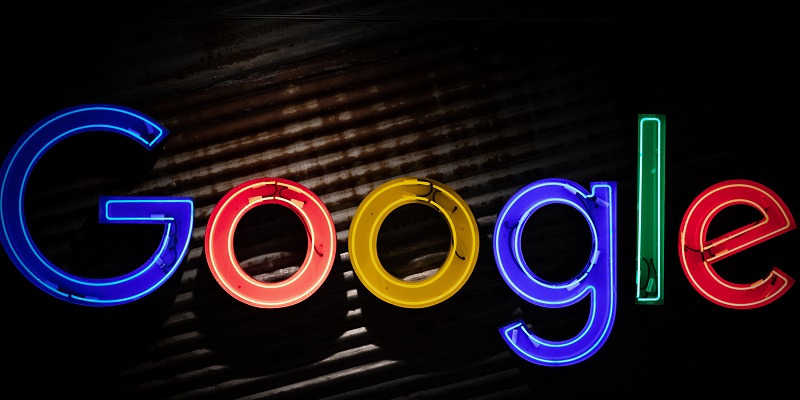Google’s recent announcement to protect its generative AI customers from intellectual property (IP) claims surrounding the data used or output produced by Google-hosted AI models marks a significant step in promoting responsible and legal use of this technology. By joining other major technology firms in offering IP support, Google aims to address the growing challenges related to privacy, security, and IP violations in the realm of generative AI.
Importance of Indemnity Clause in Generative AI
The provision of an indemnity clause by leading technology companies brings renewed hope to the generative AI community, as it addresses concerns over potential legal issues related to the technology. A survey conducted among developers revealed that a large majority (90%) strongly consider the need for intellectual property protection when making decisions about utilizing generative AI.
Google’s Indemnity for Training Data
In line with its commitment to customer protection, Google’s indemnity covers IP claims that may arise from the training data used by customers in conjunction with Google’s in-house generative AI capabilities. Regardless of the origins of the training data, Google assures its customers that they will be indemnified. This assurance holds particular significance given recent litigations where US authors filed lawsuits against the unauthorized use of their work to train ChatGPT.
Significance of Protection in Light of Recent Litigations
The unlawful training of AI models using copyrighted material has attracted significant attention and led to legal battles in recent times. Google’s commitment to protect customers against IP claims related to training data is a crucial step towards mitigating potential legal liabilities. By extending this protection, Google aims to foster a trusting and collaborative environment for the development and utilization of generative AI technology.
Google’s Indemnity for Generated Output
In addition to safeguarding customers against IP claims arising from training data, Google also provides indemnity for allegations suggesting that the generated output of their generative AI models infringes on a third party’s intellectual property rights. This protection extends to various Google Cloud services, as well as Duet AI within the Google Workspace environment. By offering indemnity for the entire process, from training data to output, Google aims to bolster customer confidence and encourage the ethical use of generative AI technology.
Google’s Call for Responsible Use of Generated Output
While extending indemnity, Google also cautions customers against intentionally using or creating generated output that infringes upon the rights of others. Customers are advised to utilize existing and emerging tools to properly cite sources when using generated output to ensure responsible use. This call for responsible utilization reflects Google’s commitment to upholding ethical standards and respecting the rights of content creators.
Google’s decision to provide indemnity for its generative AI customers constitutes a crucial development in the field of AI technology. By addressing concerns over privacy, security, and intellectual property violations, Google’s protective measures will likely have a transformative impact on the adoption and further advancement of generative AI. As the industry continues to evolve, the provision of robust intellectual property protection will pave the way for responsible innovation and collaboration in the generative AI ecosystem.

